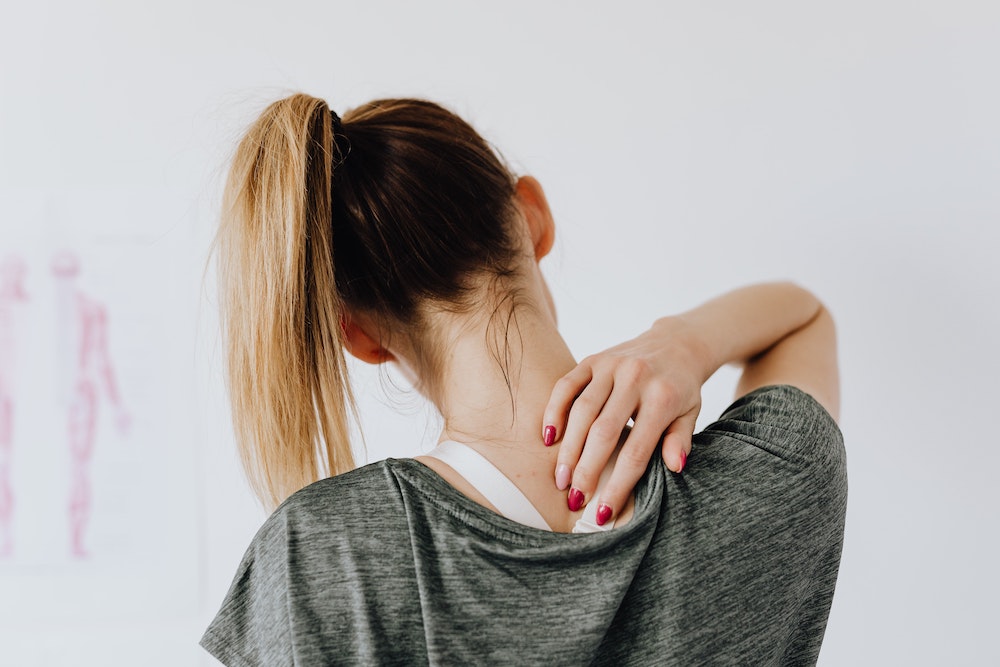Baby got back ... pain?
There's nothing quite like back pain to make you truly feel, well ... old. Roughly 80% of people will experience back pain at some point in their lifetime. But just because it's common, doesn't mean you have to live with it.
By making some small changes to your daily routine, you can not only help prevent back pain but stop it altogether. Take a gander at our list of techniques below and find much-needed relief to your pain. (You can thank us later.)
Get More Vitamins
Having strong bones can help prevent osteoporosis, which is one of the most common causes of back pain, particularly in women. So increasing your vitamin intake can help prevent back pain from starting. Specifically, calcium and vitamin D.
Foods with calcium:
- Milk
- Yogurt
- Leafy greens
- Vitamin supplements
Foods with vitamin D:
- Fatty fish
- Egg yolks
- Beef liver
- Cheese
Work Your Core
We all know exercise is good for your overall health. But did you know regular strength-training core exercises can help decrease the risk of back strains and muscle spasms? From planks to crunches, to reverse lunges and more, work those abdominal muscles at least twice a week.
Sleep With a Pillow Underneath Your Knees
If you sleep on your back, you're adding unnecessary pressure to your spine. But elevating your legs with a pillow helps ease the pressure on your back. In fact, it can cut the pressure in half!
All About That Posture
I know, I know. This seems like a rather obvious one, but it's actually a bit harder than one may think—especially if you have a desk job. Bad posture can place strain on your back, and even impact the structure of your spine! (Yikes.) So do your best to avoid slouching or rounding out your shoulders, whether standing or sitting. A good-quality chair that provides firm and stable support for your lower back is also a great way to ease any pain.
Quit Smoking
And finally, while this may not apply to everyone, it's still a good way to increase your overall health. Did you know smokers are more likely to have back pain than non-smokers? Nicotine limits blood flow to the discs in your spine, causing them to crack, dry out, or even rupture.
Should you continue to experience back pain, it's always a good idea to speak with a medical professional.
Are there other daily habits to help prevent and stop back pain we missed? Leave a comment below.
